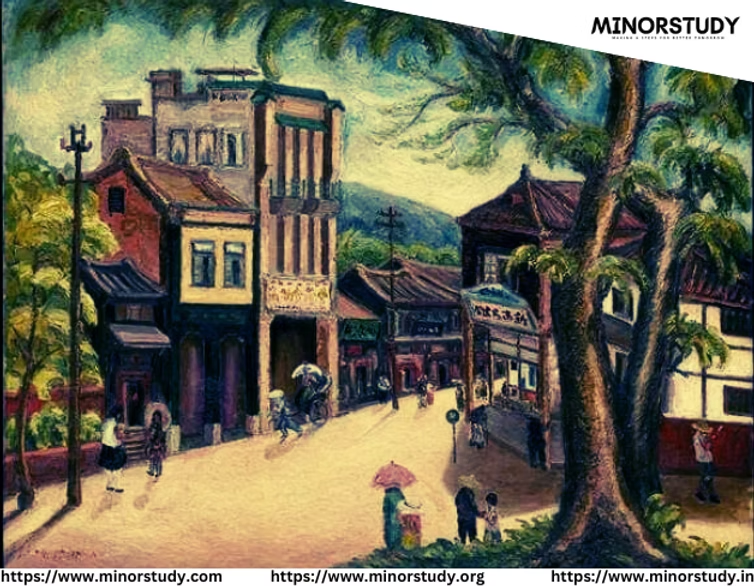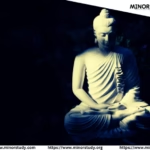Dahui Zonggao: The Zen Master of the Koan Tradition
Who is Dahui Zonggao?
Dahui Zonggao (1089–1163) was a prominent Chinese Zen (Chan) Buddhist master of the Linji school during the Song Dynasty. He is renowned for his emphasis on the practice of kanhua (看话), or “contemplating sayings,” a method of meditating on koans (public cases) to attain enlightenment. Dahui revitalized Chan practice by rejecting scriptural study and formalized meditation, focusing instead on direct realization.
- Key Facts and Contributions
- Key Teachings and Practices
- 1. Kanhua (Contemplating Sayings):
- 2. Rejection of Intellectualism:
- 3. Importance of Effort and Awakening:
- 4. Critique of Passive Meditation:
- Timeline of Dahui Zonggao’s Life
- Legacy and Influence
- Key Texts
- Frequently Asked Questions (FAQs)
- Significance of Dahui’s Teachings
- Summary Table
- Conclusion
Key Facts and Contributions
Birth and Early Life:Dahui was born in modern Jiangxi province, China, in 1089. He became a monk in his teens and later studied under Yuanwu Keqin, a master of the Linji lineage.
Advancement of the Koan Method:
Dahui is most famous for refining the use of koans in Zen practice.
He introduced kanhua meditation, where practitioners focus intensely on the “critical phrase” (hua-tou) of a koan to break through conceptual thinking.
Critique of Silent Illumination:
Dahui strongly opposed the “Silent Illumination” method advocated by the Caodong school of Chan, which emphasized quiet sitting and natural awareness.
He believed that this practice could lead to complacency and stagnation in spiritual progress.
Exile and Writings:
Dahui was exiled for criticizing the political misuse of Buddhism.
Despite this, his letters and sermons, later compiled as The Letters of Chan Master Dahui Pujue, became foundational texts for Zen practice.
Legacy:
Dahui is considered a key figure in the survival and spread of Chan Buddhism during the Song Dynasty.
His emphasis on kanhua influenced both Chinese and later Japanese Zen (Rinzai school).
Key Teachings and Practices
1. Kanhua (Contemplating Sayings):
Dahui stressed the need to focus on the “critical phrase” of a koan, such as “Mu” in the koan “Does a dog have Buddha-nature?”
This intense inquiry helps practitioners transcend dualistic thinking and reach a direct experience of reality.
2. Rejection of Intellectualism:
He discouraged reliance on scriptures, reasoning, or scholastic understanding, advocating for direct experience instead.
3. Importance of Effort and Awakening:
Dahui emphasized perseverance in practice, noting that sudden enlightenment comes after a period of intense struggle and questioning.
4. Critique of Passive Meditation:
He criticized meditation that lacked dynamic engagement, urging practitioners to actively seek insight rather than passively observing the mind.
Timeline of Dahui Zonggao’s Life
Year | Event |
1089 | Born in Hunan Province, China. |
1104 | Ordained as a monk and began studying Zen Buddhism. |
1125 | Became a disciple of Yuanwu Keqin, learning the koan method. |
1130 | Appointed abbot of a major monastery; began teaching widely. |
1138–1141 | Exiled for opposing state interference in Buddhism. |
1147 | Returned from exile; continued teaching and writing. |
1163 | Passed away, leaving a lasting legacy in Zen Buddhism. |
Legacy and Influence
Zen Practice in China and Japan:Dahui’s kanhua meditation became a cornerstone of the Rinzai school in Japan, influencing Zen masters such as Hakuin Ekaku.
Preservation of the Koan Tradition:His teachings ensured the survival of the koan tradition during a period of decline in Chan Buddhism.
Writings:His letters and sermons are key texts in Zen literature, offering practical guidance to practitioners.
Critique of Quietism:Dahui’s critique of silent illumination sparked debates within the Zen community, leading to a dynamic evolution of practices.
Key Texts
The Letters of Chan Master Dahui Pujue: A collection of his correspondence offering insights into Zen practice and spiritual guidance.
Records of Dahui: His sermons, dialogues, and teachings on koans.
Frequently Asked Questions (FAQs)
What is Dahui’s significance in Zen Buddhism?Dahui revitalized the koan practice, ensuring its centrality in Zen training and influencing future generations of practitioners.
What is kanhua meditation?It is a method of focusing on the critical phrase of a koan to transcend conceptual thought and achieve enlightenment.
Why did Dahui oppose silent illumination?He believed it led to passivity and lacked the dynamic engagement necessary for awakening.
What is a koan?A koan is a paradoxical statement or question used in Zen practice to challenge logical thinking and provoke insight.
Significance of Dahui’s Teachings
Dahui’s work emphasizes direct experience over intellectualism, aligning with the core ethos of Zen.
His teachings on kanhua continue to guide practitioners in their pursuit of enlightenment.
His critique of complacency serves as a reminder of the need for active and engaged practice in spiritual life.
Summary Table
Aspect | Details |
Birth | 1089, Hunan Province, China |
Spiritual Lineage | Linji school of Chan Buddhism |
Key Practice | Kanhua meditation (Contemplating sayings) |
Critique | Opposed silent illumination meditation |
Legacy | Influenced Zen practice in China and Japan |
Texts | The Letters of Chan Master Dahui Pujue |
Death | 1163 |
Conclusion
Dahui Zonggao was a transformative figure in Zen Buddhism, ensuring the survival of the koan tradition and inspiring practitioners with his emphasis on dynamic, engaged meditation. His teachings remain vital in modern Zen, encouraging seekers to transcend conceptual thinking and achieve direct realization.








